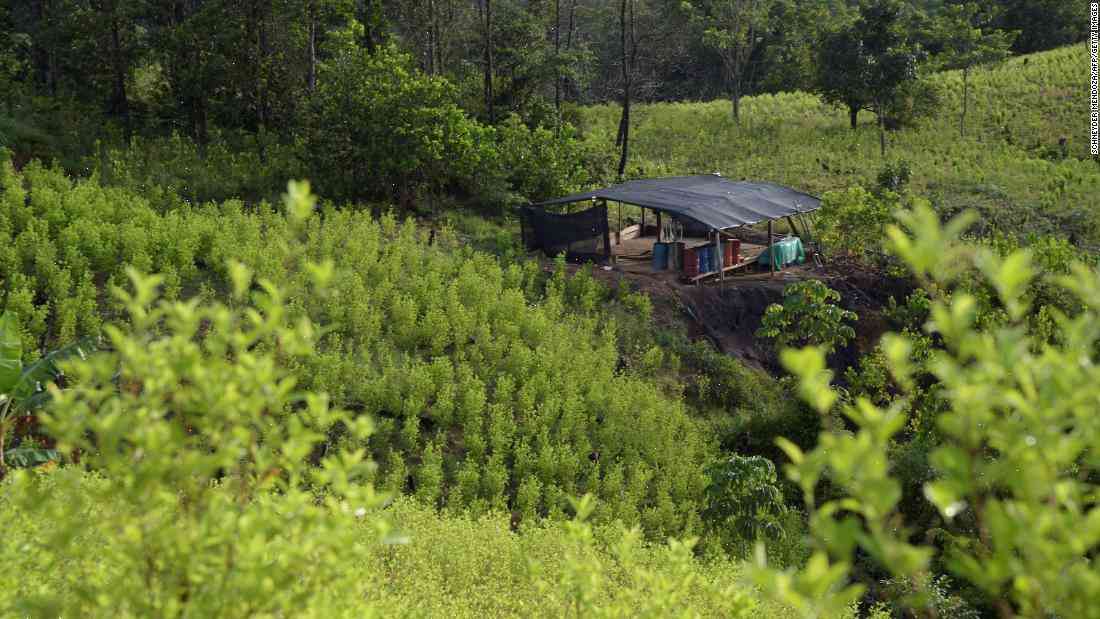Colombia’s radical plan to conquer cocaine production and eradicate poverty is an attempt to break up the Colombian narcos from abroad.
Colombia is one of the world’s top producers of cocaine. Since the early 1990s, the country has developed an alternative strategy to fight the drug cartels by trying to break them up from abroad, writes Andres Cata.
Colombian President Juan Manuel Santos is one of the world’s best-known drug barons, the leader of the largest narco-group as well as the country’s most powerful politician. Since the early 1990s, the cocaine cartels in his country have lost control of the drugs trade and suffered a series of violent setbacks. This has left many Colombians wondering if his government has no strategy for addressing the problem but rather to ignore it.
For the first time, Santos has begun to embrace a new approach to his country’s problem, one that is beginning to show results. On 14 July 2014, a week after he had visited Havana as a state guest, Santos announced that Colombia’s Government is to set up special task forces for the cultivation of coca and to stop the production of cocaine from coca paste.
This is not the first time that the Colombian government and the Colombian Armed Forces have sought to fight drugs, even though the Colombian Drug Enforcement Agency (DEA) has always resisted this approach. However, the scale of the challenge has made such a strategy necessary, and it seems to have worked.
The Colombian government sees illegal drugs as the main obstacle to their development strategy for social improvement and the national economy. They argue that illegal drugs are the main obstacle to the country’s development strategy.
Colombian President Juan Manuel Santos (Image from Wikimedia)
A few months ago, during a state visit by President Juan Manuel Santos, then-President Alvaro Uribe announced that the Colombian government is to build seven cocaine processing laboratories in order to help them better control production. Five of these labs are being built in the north of the country and two in the east.
The government sees this as the most important effort for combating illegal drugs, even though the country also has a total of 10,000 hectares of coca cultivations. The US DEA estimates that there are around 500 hectares of coc

